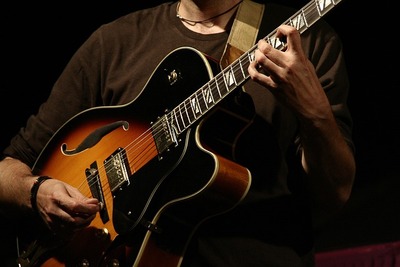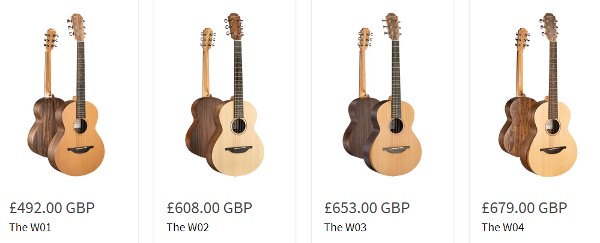The 1960s and 1970s are often heralded as the “Golden Age” of guitar music, a period marked by unprecedented innovation and cultural impact. This era witnessed the rise of iconic guitarists, revolutionary music styles, and groundbreaking technological advancements that forever changed the landscape of popular music.

The Cultural Revolution
The 1960s and 1970s were times of significant social and cultural upheaval. Music became a powerful medium for expressing the sentiments of the era, from the peace and love movement of the 60s to the rebellious spirit of the 70s. Guitarists were at the forefront of this transformation, using their instruments to craft the soundtrack of a generation.
Iconic Guitarists and Bands
- Jimi Hendrix: Often regarded as the greatest electric guitarist of all time, Hendrix’s innovative techniques and electrifying performances set a new standard for guitarists.
- Eric Clapton: Known for his smooth blues style and emotive playing, Clapton made significant contributions to bands like Cream and Derek and the Dominos.
- Jimmy Page: As the driving force behind Led Zeppelin, Page’s virtuosic playing and pioneering use of studio techniques revolutionized rock guitar.
- Carlos Santana: Santana’s fusion of rock and Latin music introduced new rhythms and textures to guitar playing.
Revolutionary Music Styles
- Psychedelic Rock: Bands like The Beatles and Pink Floyd experimented with new sounds and recording techniques, pushing the boundaries of what guitar music could be.
- Blues Revival: Artists like B.B. King and Stevie Ray Vaughan brought blues guitar to a wider audience, influencing countless musicians.
- Heavy Metal: The late 60s and early 70s saw the birth of heavy metal, with bands like Black Sabbath and Deep Purple laying the groundwork for the genre with their heavy riffs and dark themes.
Technological Advancements
- Electric Guitars: The solid-body electric guitar, popularized by models like the Fender Stratocaster and Gibson Les Paul, became the instrument of choice for many musicians.
- Amplification and Effects: Advances in amplifier technology and effects pedals allowed guitarists to explore new sonic landscapes. The use of distortion, wah-wah, and reverb became standard practice.
Lasting Legacy
The influence of the 1960s and 1970s on guitar music is still felt today. Modern guitarists continue to draw inspiration from the legends of this era, and the sounds created during these two decades remain a cornerstone of popular music. The “Golden Age” of guitar was not just a period of great music but a time when the guitar itself became a symbol of cultural change and artistic expression.
Whether you’re a fan of rock, blues, or metal, the music from the 1960s and 1970s offers a rich tapestry of sounds and styles to explore. It was a time when the guitar truly came into its own, and its legacy continues to inspire musicians around the world.






